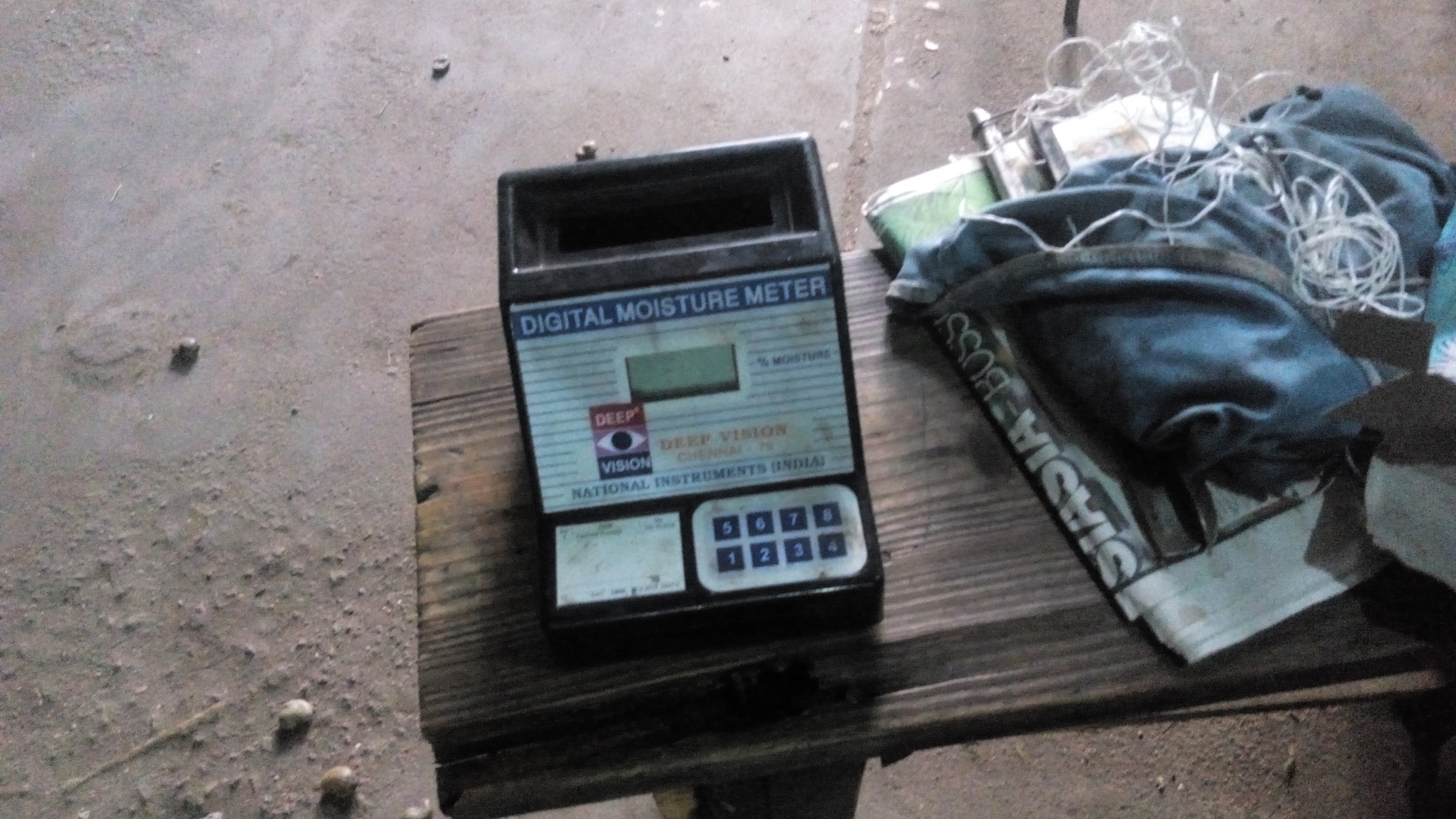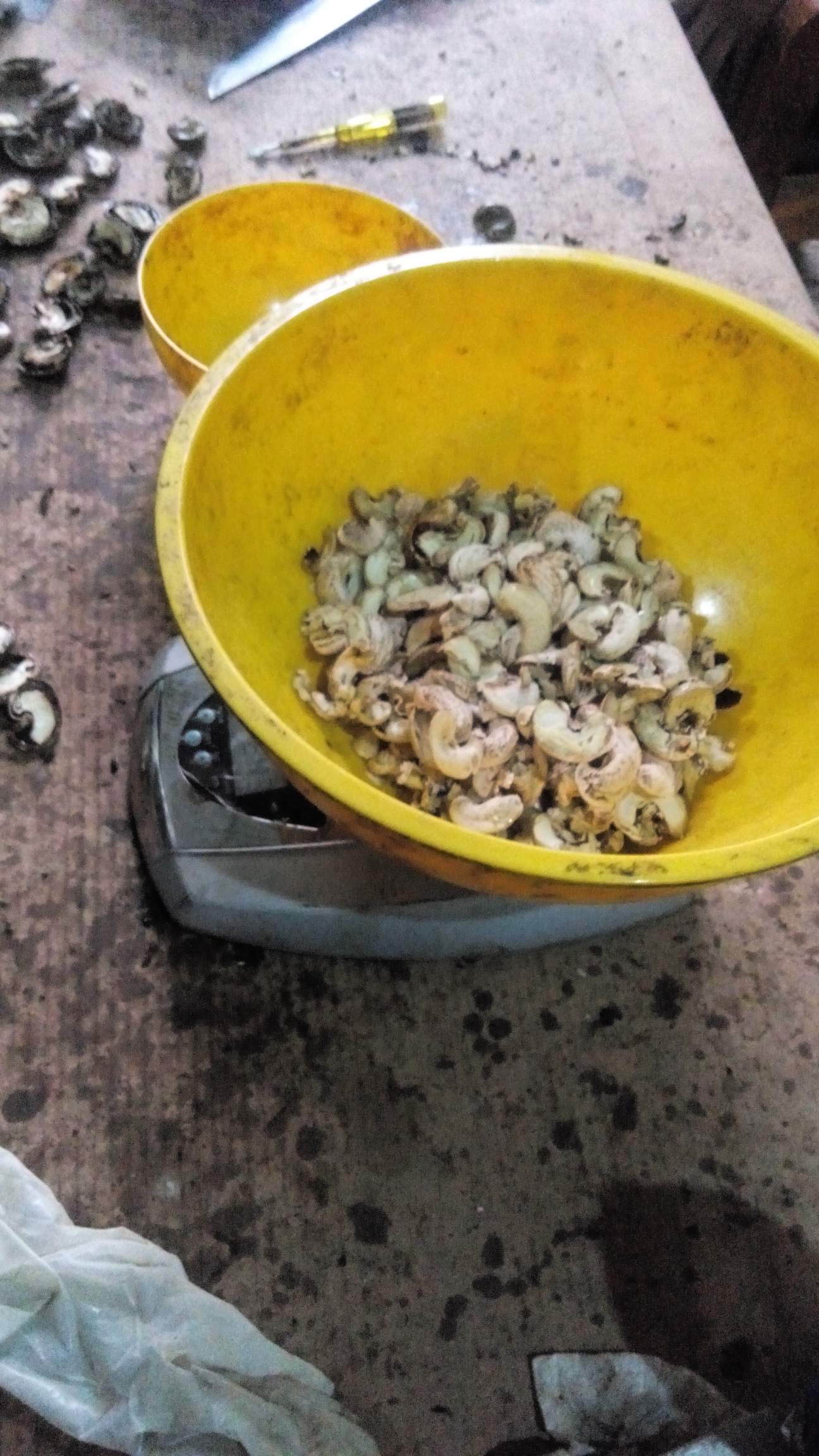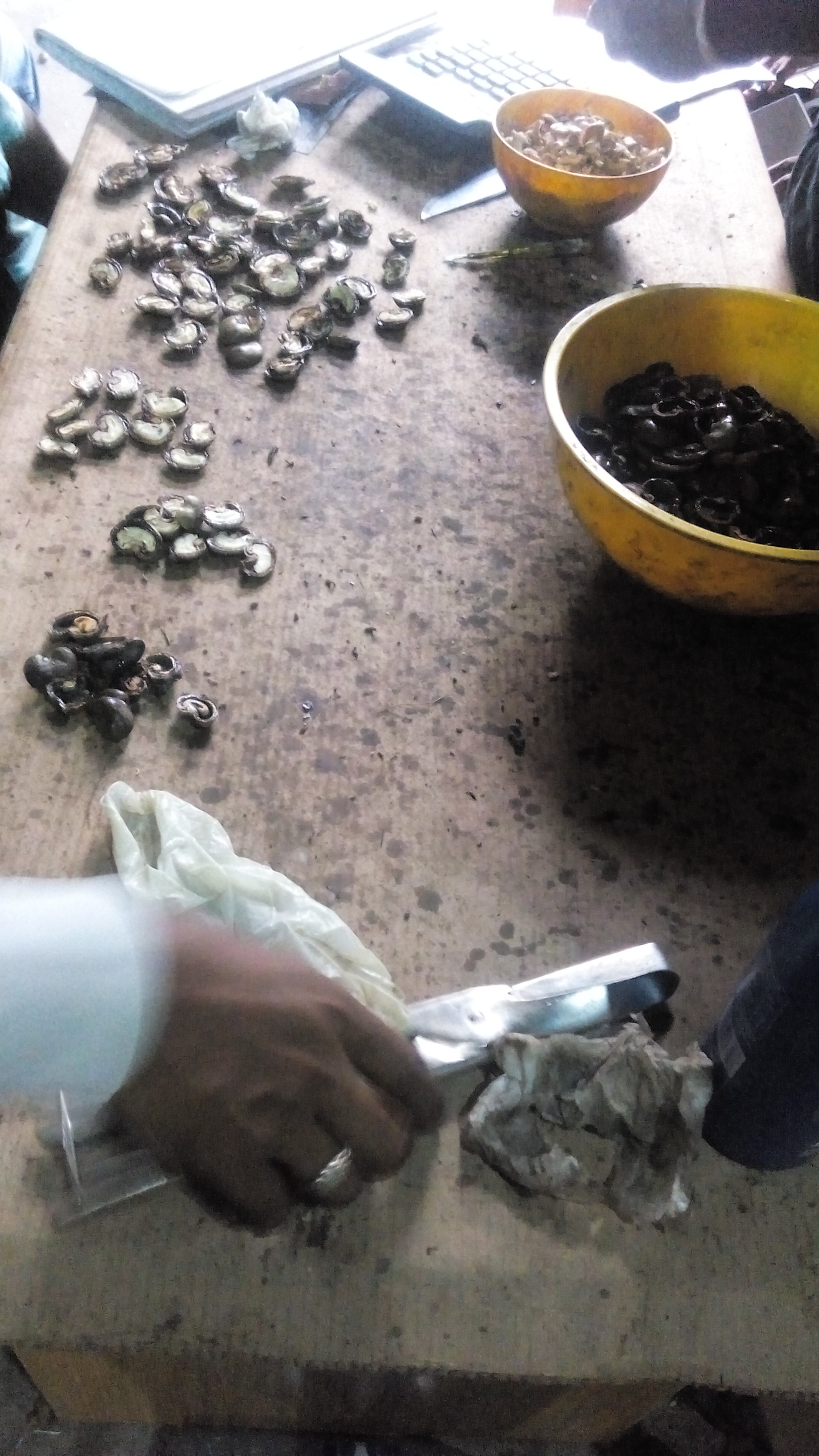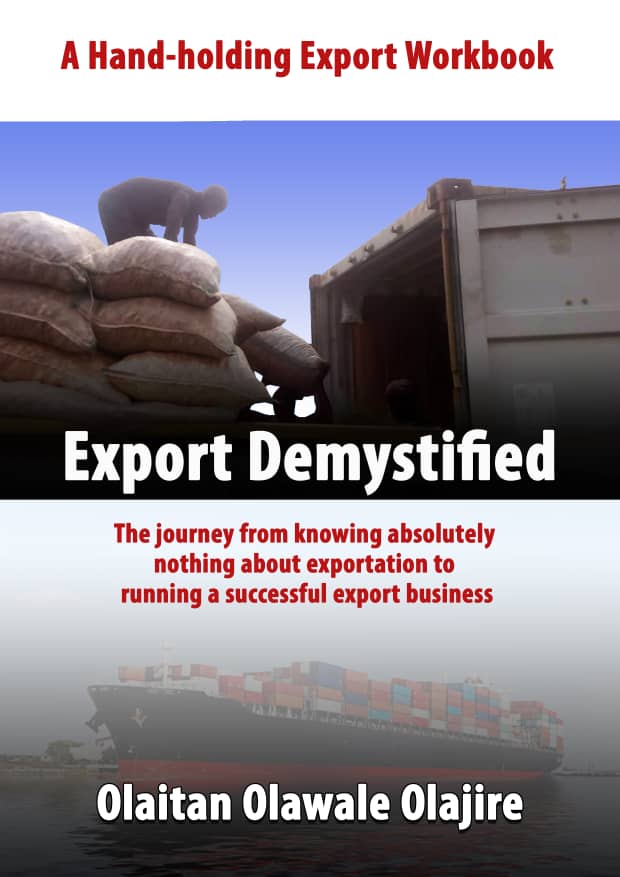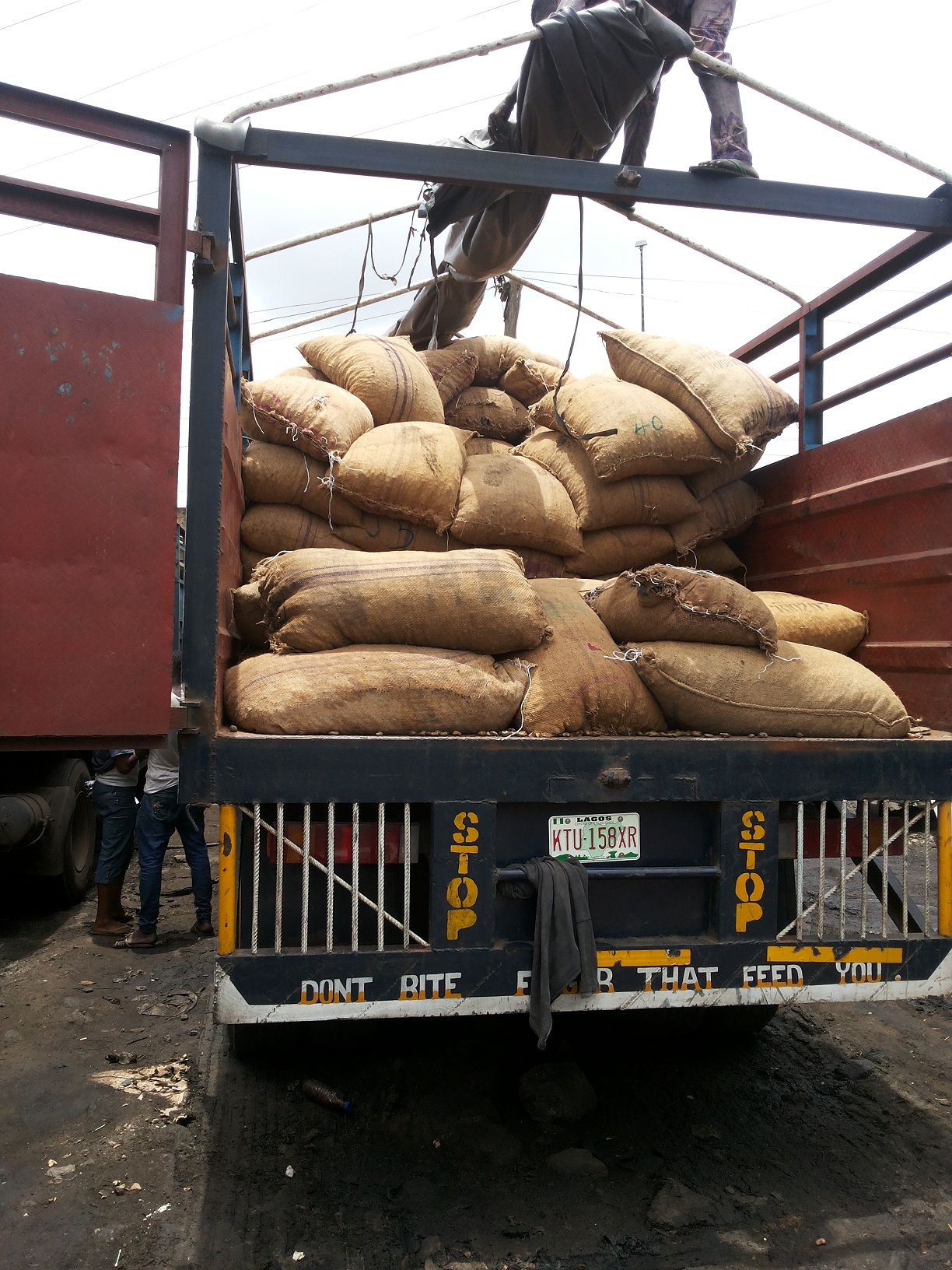
DIFFERENT TYPES OF CASHEW NUTS IN NIGERIA
There are different types of Raw Cashew Nuts (RCN) that can be found in Nigeria. During processing, they give different outputs. You can find more information on Nigerian Cashew Nuts on CASHEW IN NIGERIA – BEST EXPERT INFORMATION ON EXPORTATION OF NIGERIAN CASHEW.
The specification and quality of RCN are largely based on their location, time of the season, moisture level amongst other things. In this post, you will find the knowledge that will help you be a better judge of these details and also get equipped as to what you must do before you settle for the “quality” information you get from a farmer or Local Buying Agents (LBAs).
SPECIFICATION OF CASHEW NUTS IN NIGERIA
In the same area, one will find different quality of RCN at the beginning, middle and end of the season. We are going to consider the average quality one can find at the different locations at the beginning of the season- which is when they are at their peak.
Ogbomosho Others
Nut Count: 170-185/kg 180-220
KOR: 48-52lbs 46-51lbs
Moisture Content: 8%Max 8%Max
Defective Nuts: 15%Max 15%Max
Foreign Matter: 5% Max 5% Max
THINGS THAT AFFECTS THE QUALITY OF CASHEW NUTS
- Quality of the Raw Cashew Nut (RCN), which is based on its size, yield and defectiveness.
- The moisture of the nuts.
- How the RCN are stored, including the kind of bags where they are stored.
- The method adopted to dry the cashew nuts.
- The temperature of the warehouse where the nuts are stored.
- The preparation of the nuts for exportation.
- The dressing of the container.
- The stuffing of the RCN into the container.
Each of the preceding items mentioned can all have positive or negative effect on RCN. If only one of them is not properly understood and conducted, the fact that the rest were done correctly will, most likely, count for naught as the result will be a bad cargo. Below is a picture of a bad cargo when it arrived at its destination port. The fact that the KOR of the RCN and even the type were fantastic when the goods were put in the container did not matter eventually as what the Buyer got was a worthless cargo. Perhaps more than anything else in exportation of agricultural commodities, one must learn and know how to properly prepare each agricultural commodity for exportation. The way you prepare Tiger Nuts is not the same way you prepare RCN or Dried Ginger Slices. The lack of adequate knowledge of the intricacies involved in the perfect execution of export contracts have led to heavy losses for both exporters and buyers.
The exporter must have sound understanding of how to know the quality of RCN or he would pay dearly for it. The farmers/LBAs are interested in selling their commodities; they will not explain the quality to you. In fact, most of the time, they embellish the quality of their commodities in order to either sell them quickly or at a price higher than the normal price of their commodities or both. If the exporter is inexperience in this regard, it is vital to enlist the support of a “quality” assurance person or company.
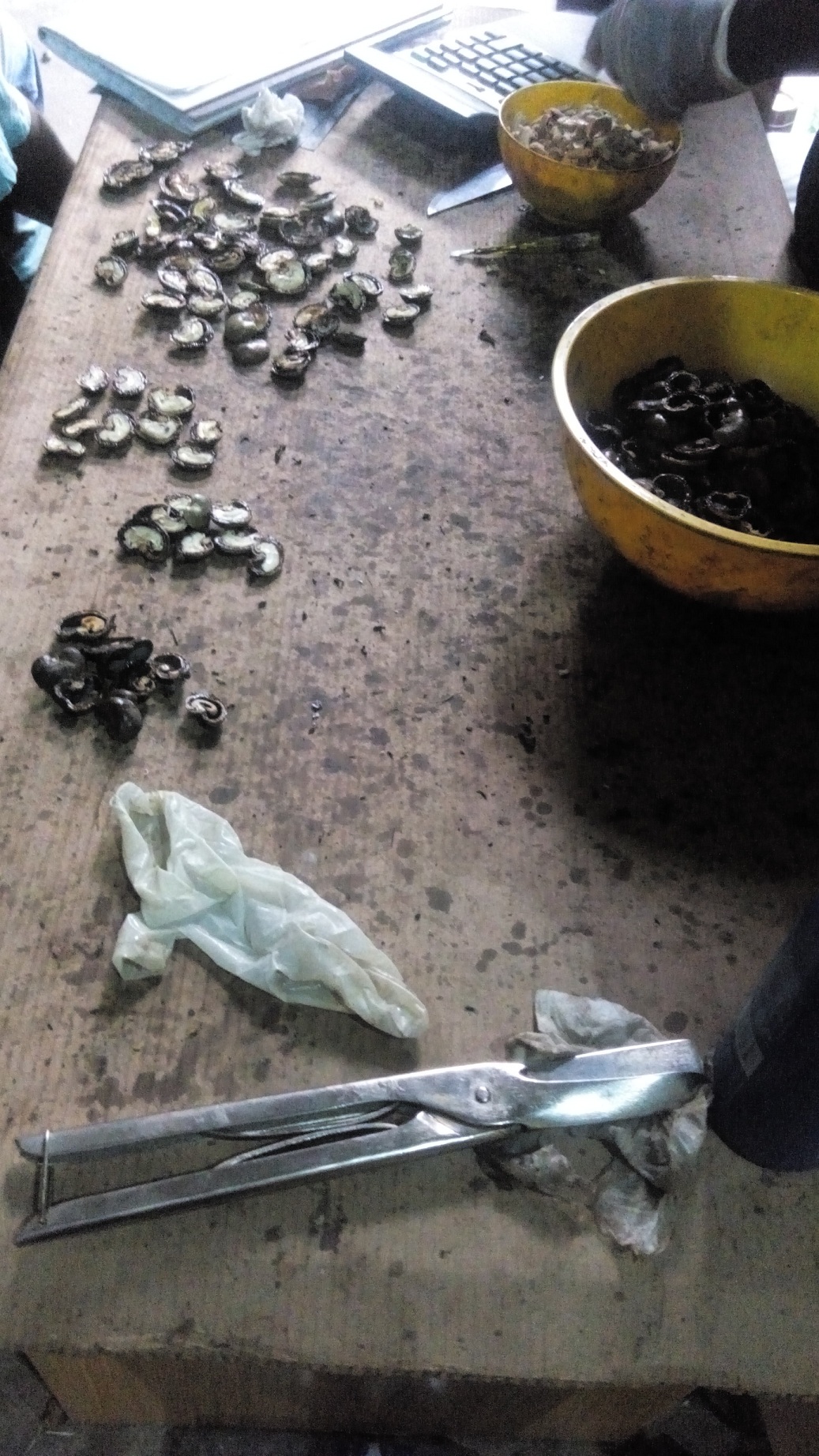
HOW TO TEST FOR, AND KNOW, THE QUALITY OF RAW CASHEW NUTS IN NIGERIA
What a quality assurance person/company will do is to take random sampling of the RCN you are interested in buying, cut them and then analyze the RCN in order to arrive at their KOR, moisture level and other relevant information. This is a vital test that should be conducted before the exporter buys the RCN. It will help the exporter know whether or not the RCN meet, or can meet, his buyer’s specification, the amount he should pay for that quality of RCN and general information about the RCN he is about to buy.
The key things to watch out for, and for which results will be got during the quality test, are:
- The size of the cashew nuts- that is, the nut count;
- The dryness of the RCN- that is, the moisture content;
- The ratio of good nuts;
- The ratio of rotten nuts;
- The ratio of spotted nuts;
- The ratio of immature nuts; and
- The Kernel Out-turn Ration (KOR).
To perform the “quality” test, the sample size required is one kilogram. First, samples will be randomly obtained from, at least, 30% of the different bags of RCN which is about to be bought. All the samples are then combined together to become one new sample. The sample is further divided into different portions. Afterwards, one portion is taken at random from where one kilogram (1kg) is measured out for the test. This 1kg will then be subjected to the test (which basically involves cutting the cashew nuts in halves and analyzing them) and the result extrapolated to determine the quality of the whole RCN lot.
During the test, the nuts will be separated into good nuts, spotted nuts, immature nuts and rotten nuts. Different weights are attached to each set (1, 0.5, 0.5 and nil respectively) and this is used to multiply the weight of each of the categories before the KOR of the cargo is determined.
Below are pictures showing such an “assurance” test taking place before we made the decision on whether to buy RCN and for what price earlier this year:
